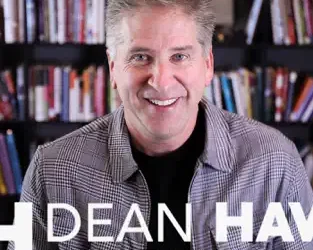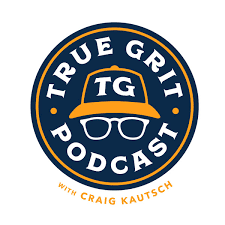It is just hard, hard, hard to be patient. It’s so easy to be frustrated and even jump the gun on situations that involve time, and ending up making poor decisions. But learning to be competent in the skill of patience is a secret that people who accomplish great things in life know well.
All of us want the same things, in general, in life: great relationships and families, a meaningful job, enough money to make our way, good health, self-improvement and a way to give back to the world. And each of these endeavors requires a certain amount of planning, resource, support and time, for them to work. Patience is about handling the time element.
We can’t ignore or rush time. It is just too important. We have to adapt to it, and not oppose it, to get what we want.
Time is the process of events that makes it all happen well:
- It takes time to cook a great meal. The oven’s heat mashes all the ingredients together in the oven, and in a while, a great meal comes out.
- It takes time to go on a fitness plan and then see results.
- It takes time to create a project at work, and then launch it, hoping it will bear fruit.
- It takes time to find the right relationship, and then develop it in a healthy way.
And for most of what matters to us, there is no shortcut, no “microwave” to any of these. If there was, we would probably have discovered them by now.
Patience is simply the act of mentally making friends with time. That is, not fighting the process, not ignoring it, and not rushing it. But adapting to time’s requirements while being happy about it. Here are some tips to help when you find yourself frustrated by time:
Determine how important your desired outcome actually is to you. Sometimes we get bent out of shape about a desire that’s really not worth that kind of mental expenditure. It’s one thing to learn to be patient about seeing if your work project will bring results in time. It’s another to see if Netflix will continue a show you like for another season. Just consider the value of what you’re working on.
Establish as much planning and control as possible on the outcome you desire. It’s one thing to be impatient with ourselves in getting in shape, or finding a relationship, when we haven’t taken some risks and made some effort. We should actually be a bit impatient with our passivity, solve that problem first, and get moving. But when we have done the work of planning and controlling whatever we can in the goal, just the knowledge that we have done our part can help us be more patient.
Have your “internal thinker” help your “internal feeler.” Our brains have both rational and emotional parts to them. Frustration with how long something takes is a feeling, not a thought. When you find yourself frustrated, just remind yourself on a thinking level, that you have a plan and a hope, and that your efforts and your patience will hopefully be worth it all. That can often increase patience, and decrease impatience.
Engage in something else that’s current. Nothing makes us crazier than obsessing on the plan, or the person, or what results aren’t happening now. When our mental energy is focused primarily on the future outcome we want, instead of what’s happening today, it can lead to feelings of powerlessness and lack of contentment. So return to the “now” in your life: the activities and conversations that bring you joy and are productive for you. Sometimes it helps to find things that have an instant result as well: a conversation with a positive person, a walk outside or tv show you enjoy.
Vent to a safe person. We are more likely to be impatient when we don’t share our frustrations with others. It is a kind of isolation, and isolation never helps anything. A brief conversation with someone who “gets you”, even if they can’t help you speed things up, will strengthen your patience.
Nothing that truly matters is instant. And everything that matters requires time. Learn patience, and the passage of time waiting for results, will be your friend, not your foe.
Best,
John






